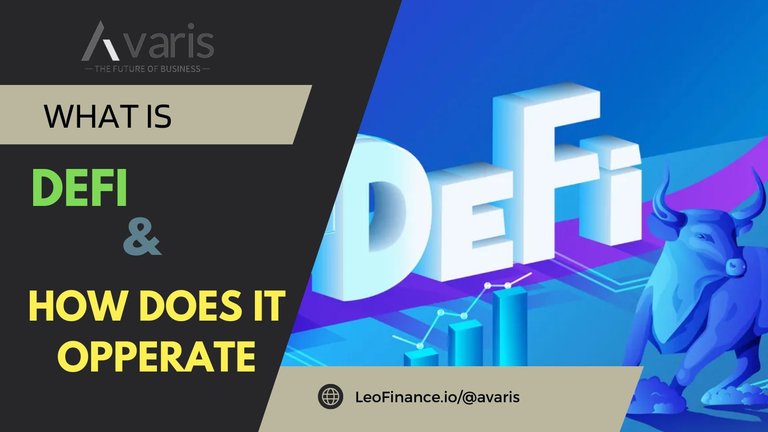
Decentralized finance (DeFi) applications are a new type of financial service that operates on the blockchain, a decentralized digital ledger. Unlike traditional financial services, DeFi applications are built on open-source, transparent, and trustless platforms, which allow users to interact with them without the need for intermediaries. In this article, we will explore how DeFi applications work and their potential to disrupt traditional finance.
DeFi applications are built on blockchain platforms such as Ethereum, which enables them to operate in a decentralized manner. This means that they are not controlled by any single entity, and users can interact with them directly without the need for intermediaries such as banks or financial institutions.
DEXs
One of the most popular DeFi applications is decentralized exchanges (DEXs), which allow users to trade cryptocurrencies without the need for centralized intermediaries. DEXs use smart contracts, which are self-executing contracts with the terms of the agreement between buyer and seller being directly written into lines of code. This allows for the execution of trades to be automatic, trustless and transparent.
Lending
Another popular DeFi application is lending and borrowing platforms. These platforms allow users to lend and borrow cryptocurrencies and other digital assets in a decentralized manner. This is achieved by using smart contracts to match borrowers and lenders, and to automatically manage the terms of the loan, such as the interest rate and repayment schedule.
DeFi also includes decentralized insurance platforms that allow users to purchase insurance policies without the need for centralized intermediaries. These platforms use smart contracts to automate the process of underwriting, claims management and payout.
DEFI Roots
In addition to these DeFi applications, there are also other types of DeFi services such as decentralized prediction markets, decentralized stablecoins and decentralized governance platforms.
One of the main advantages of DeFi applications is that they are open-source and transparent, which allows for greater trust and security among users. Additionally, DeFi applications can operate 24/7, providing users with access to financial services at any time, anywhere in the world.
DeFi applications also have the potential to democratize access to financial services, particularly in countries where traditional financial services are not widely available. By providing access to decentralized, trustless platforms, DeFi applications can empower individuals to take control of their own financial futures.
However, as with any new technology, there are also risks and challenges associated with DeFi applications. One of the main risks is the lack of regulatory oversight, which can lead to increased vulnerability to fraud and hacking. Additionally, DeFi applications are still in the early stages of development and may have scalability and security issues that need to be addressed.
DeFi applications are a new type of financial service that operates on the blockchain, which allows for greater trust, transparency, and accessibility. By providing users with access to decentralized, trustless platforms, DeFi applications have the potential to disrupt traditional finance and empower individuals to take control of their own financial futures. However, there are also risks and challenges associated with DeFi applications that need to be addressed. As the DeFi ecosystem continues to evolve, it will be important to monitor developments and assess the long-term potential of this new type of financial service.
Check out two DeFi platforms right here on the Hive Blockchain.
PolyCub Polygon (MATIC) blockchain with Hive attached
CubDeFi Binance Smart Chain with Hive attached
Posted Using LeoFinance Beta




